In which of the following reaction, phenol or sodium phenoxide is not formed ?
C6H5SO3H+aqKOH
C6H5Cl+NaOH
C6H5N2Cl+aq.NaOH
C6H5NNClH2O−−→Δ
The correct Answer is:B
To determine in which of the given reactions phenol or sodium phenoxide is not formed, we can analyze each option step by step.
Step 1: Analyze the First Reaction
- Reaction: Benzene sulfonic acid + Aqueous KOH
- Expected Product: When benzene sulfonic acid reacts with aqueous KOH, it undergoes hydrolysis to form phenol.
- Conclusion: Phenol is formed.
Step 2: Analyze the Second Reaction
- Reaction: Benzene chloride + NaOH
- Expected Product: Benzene chloride does not undergo nucleophilic substitution with NaOH due to the strong C-Cl bond (sp² hybridized carbon). Thus, there is no reaction.
- Conclusion: Neither phenol nor sodium phenoxide is formed.
Step 3: Analyze the Third Reaction
- Reaction: A compound (not specified) + Aqueous NaOH
- Expected Product: This reaction typically results in the formation of sodium phenoxide when a suitable leaving group is present.
- Conclusion: Sodium phenoxide is formed.
Step 4: Analyze the Fourth Reaction
- Reaction: Benzene diazonium salt + Water
- Expected Product: The diazonium salt reacts with water, leading to the formation of phenol.
- Conclusion: Phenol is formed.
Final Conclusion
From the analysis of all reactions, we find that in the second reaction (Benzene chloride + NaOH), neither phenol nor sodium phenoxide is formed. Therefore, the correct answer is that phenol or sodium phenoxide is not formed in the second reaction.
- Reaction: Benzene sulfonic acid + Aqueous KOH
- Expected Product: When benzene sulfonic acid reacts with aqueous KOH, it undergoes hydrolysis to form phenol.
- Conclusion: Phenol is formed.
- Reaction: Benzene chloride + NaOH
- Expected Product: Benzene chloride does not undergo nucleophilic substitution with NaOH due to the strong C-Cl bond (sp² hybridized carbon). Thus, there is no reaction.
- Conclusion: Neither phenol nor sodium phenoxide is formed.
- Reaction: A compound (not specified) + Aqueous NaOH
- Expected Product: This reaction typically results in the formation of sodium phenoxide when a suitable leaving group is present.
- Conclusion: Sodium phenoxide is formed.
- Reaction: Benzene diazonium salt + Water
- Expected Product: The diazonium salt reacts with water, leading to the formation of phenol.
- Conclusion: Phenol is formed.
From the analysis of all reactions, we find that in the second reaction (Benzene chloride + NaOH), neither phenol nor sodium phenoxide is formed. Therefore, the correct answer is that phenol or sodium phenoxide is not formed in the second reaction.
Similar Questions
Knowledge Check
In which of the following reactions, phenol is not obtained ?
A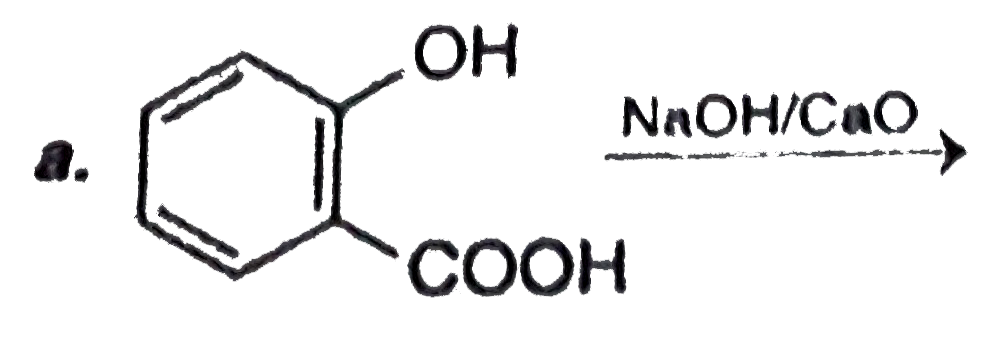 B
B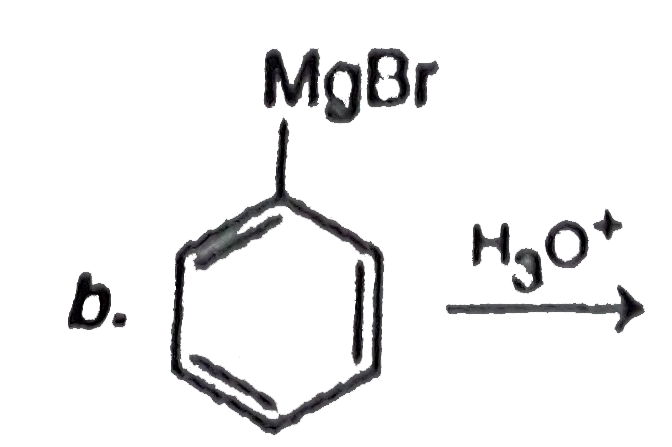 C
C D
D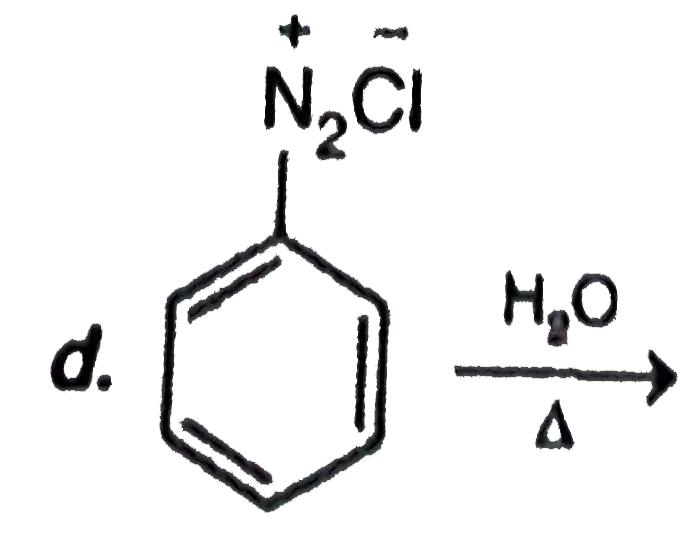
In which of the following reactions phenol is not obtained:
A B
B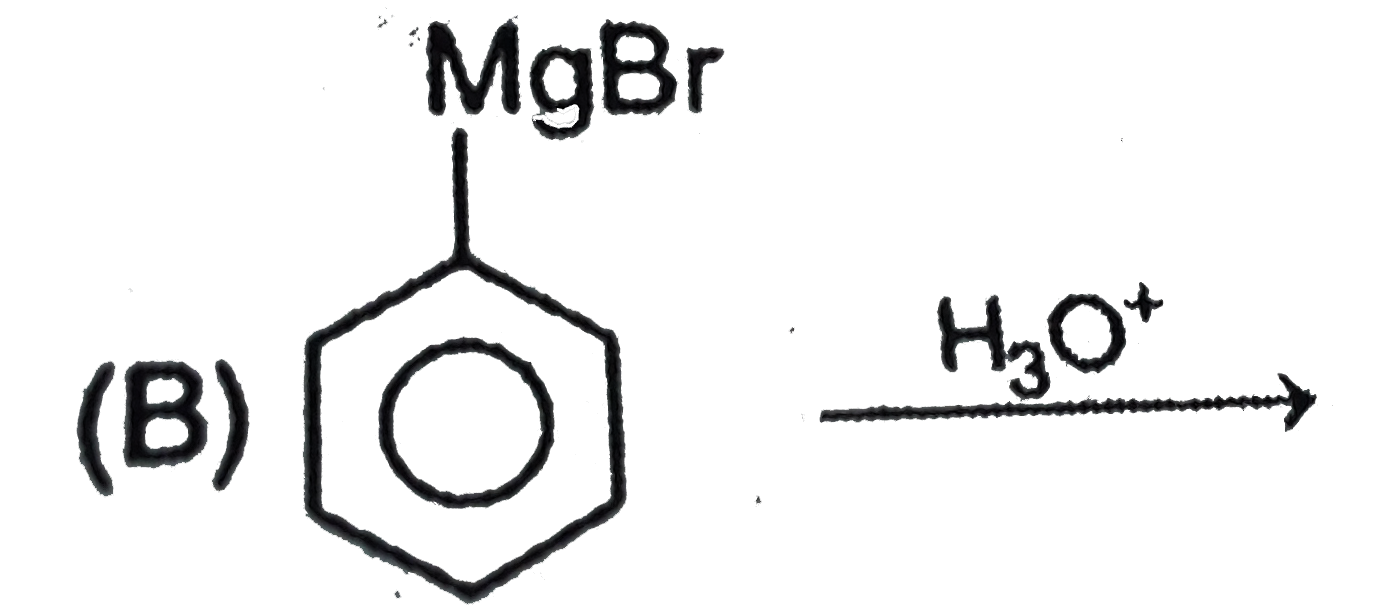 C
C D
D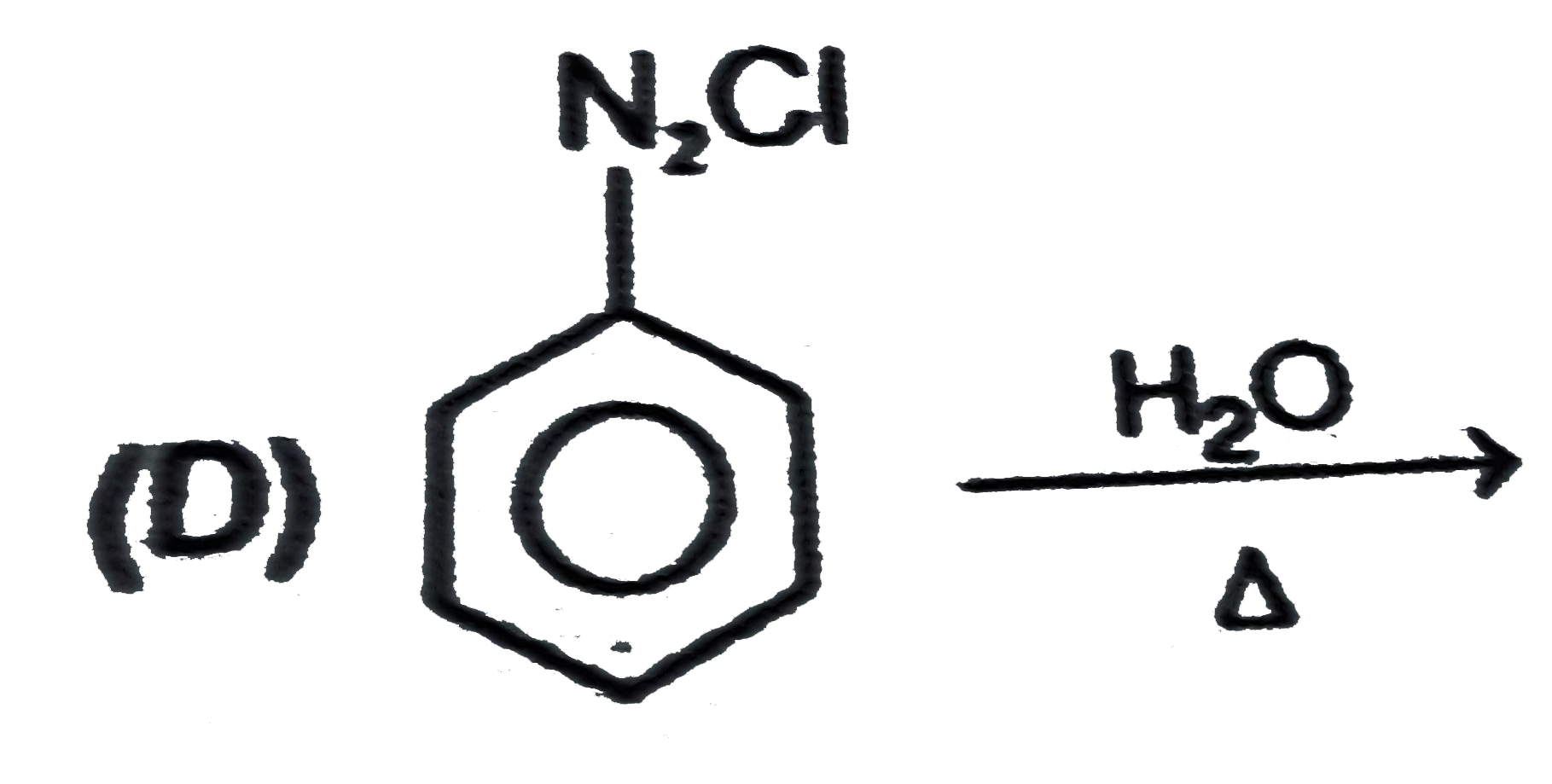
In which of the following reactions phenol is not obtained :
A B
B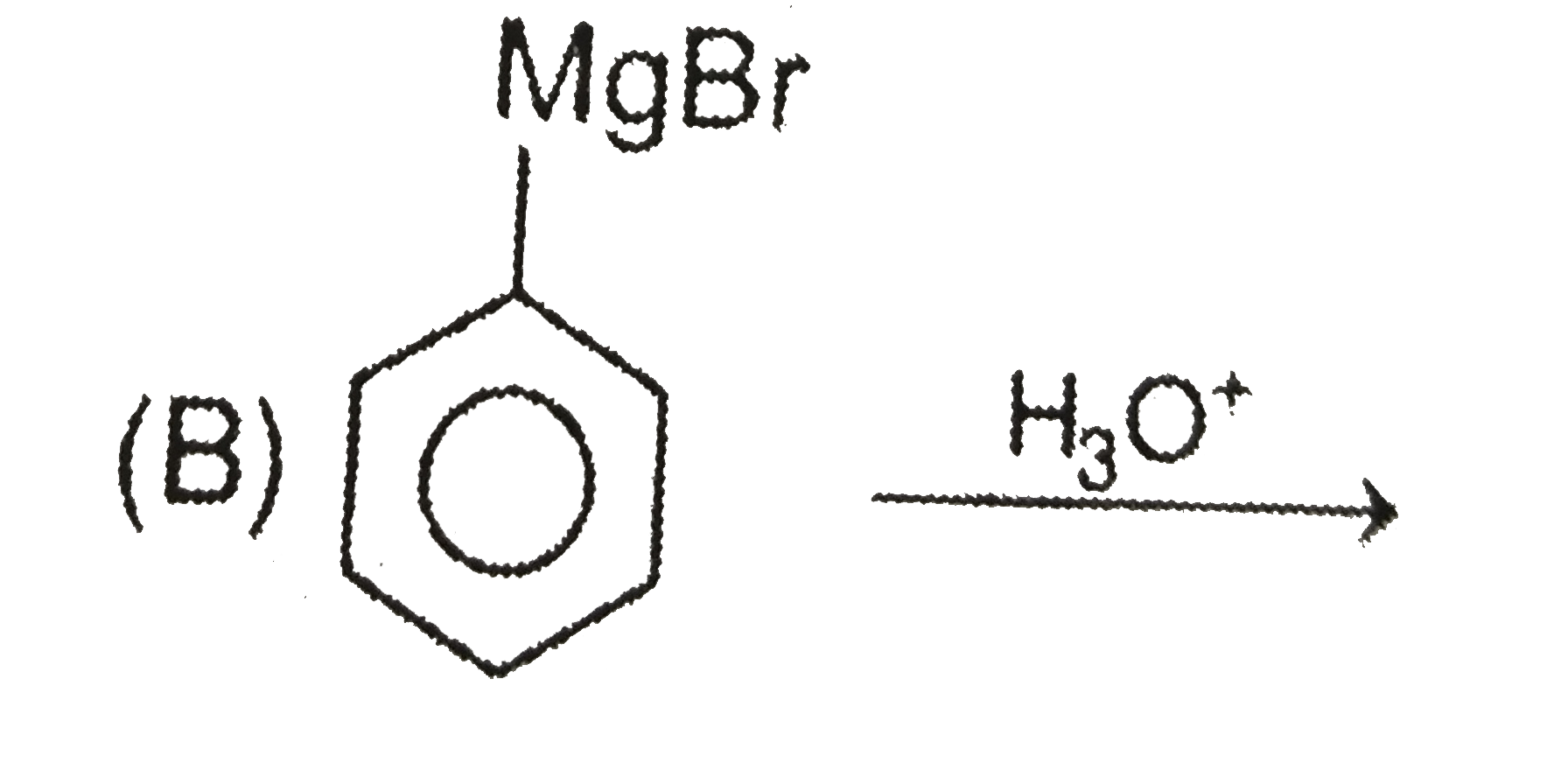 C
C D
D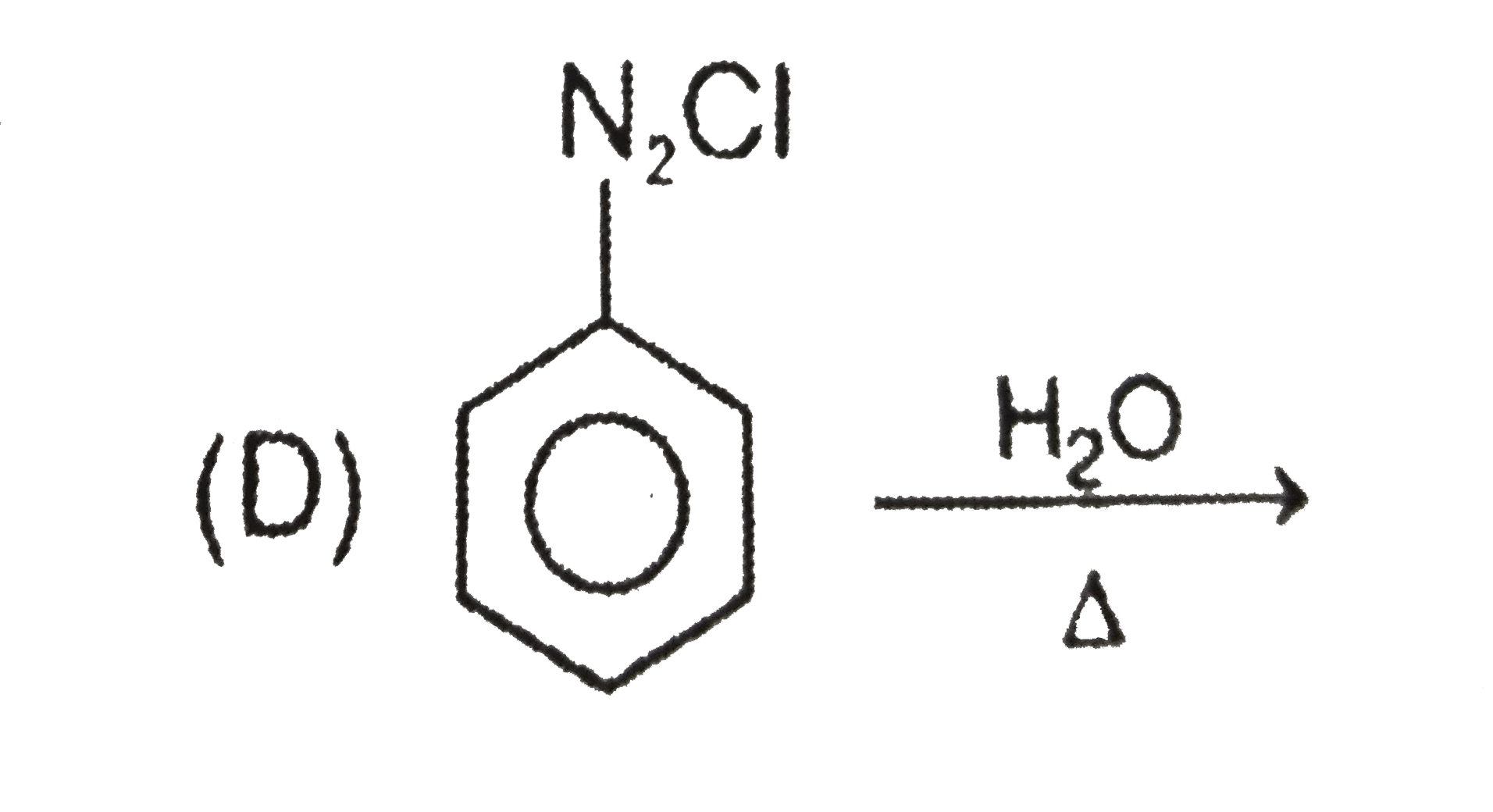
Which of the following reactions will yields phenol ?
View SolutionWhich of the following reactions will yield phenol ?
View SolutionWhich of the following reactions will yield phenol?
View SolutionWhich of the following does not form phenol or phenoxide ion ?
View SolutionWhich of the following is correct for stability of phenoxide ion?
View Solution
